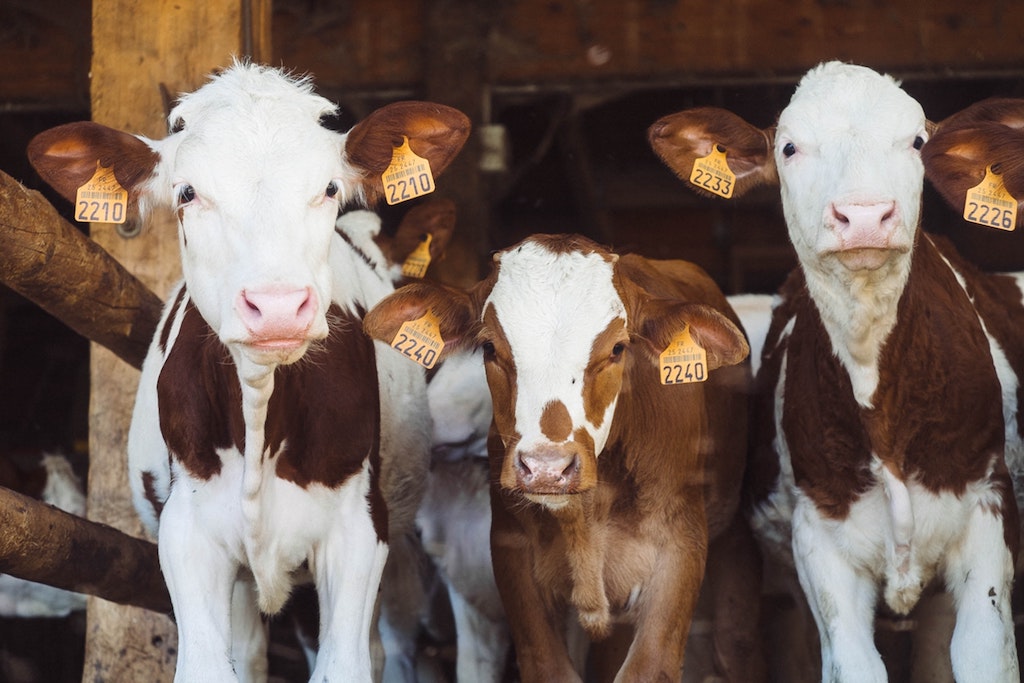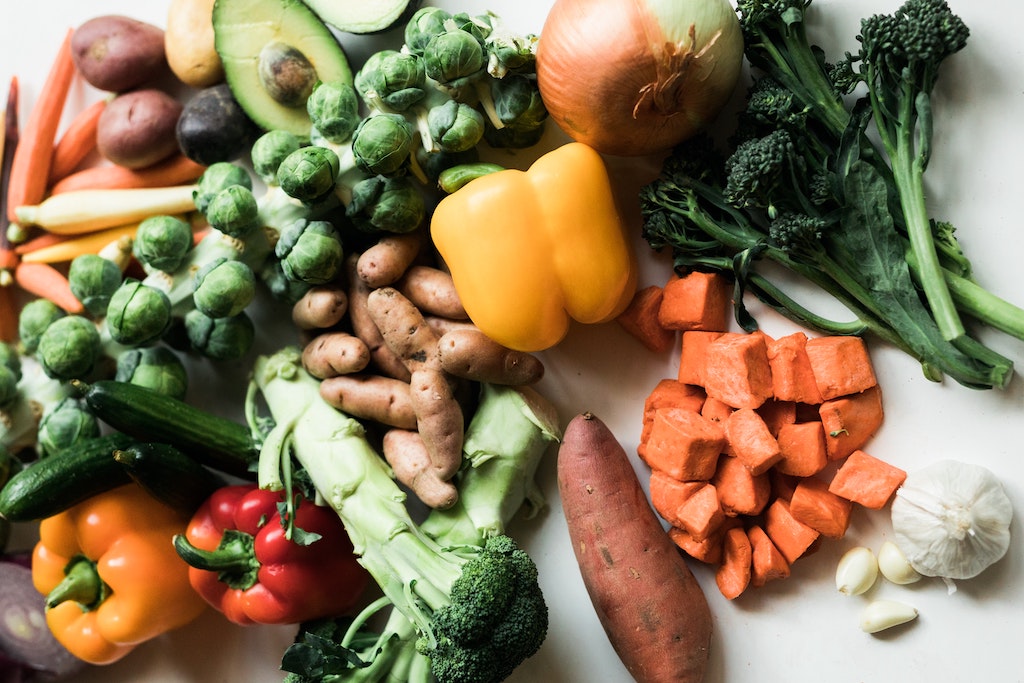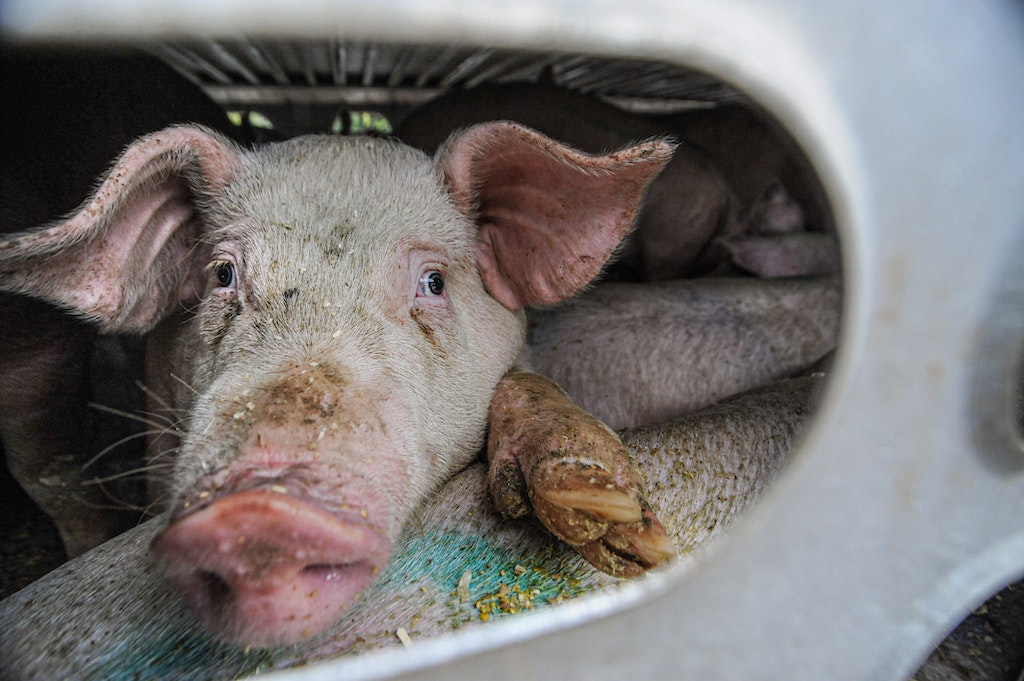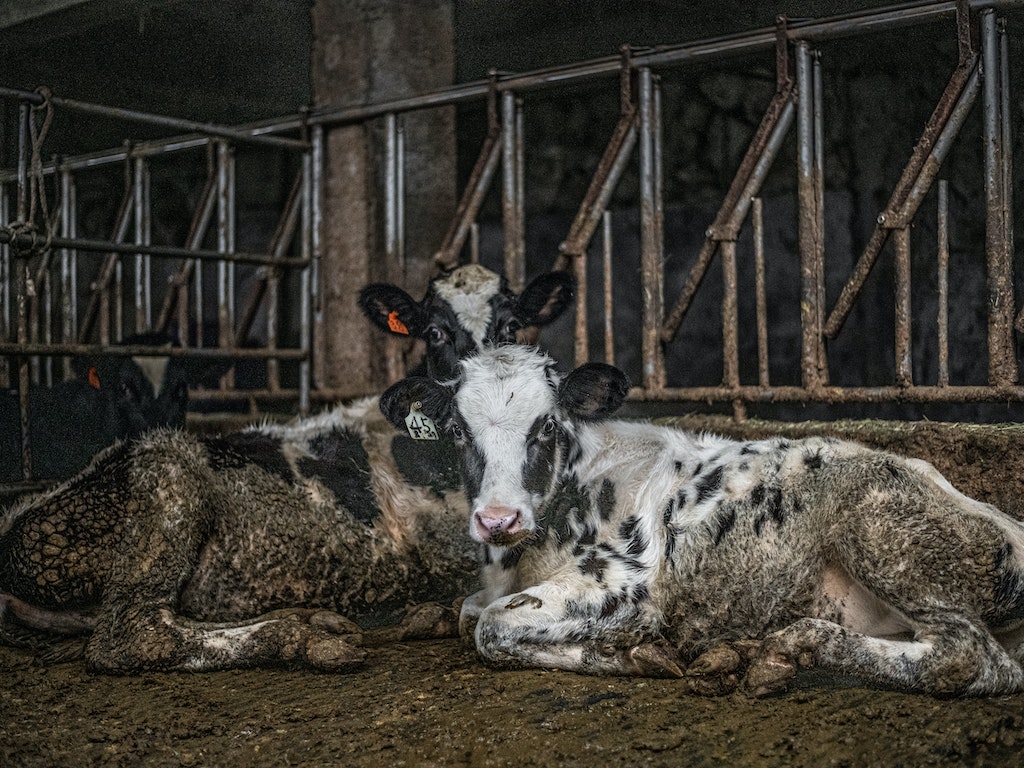4 Mins Read
Livestock farming is one of the biggest drivers of climate change. But how much impact would it make to eliminate it entirely? A new study, co-authored by Impossible Foods’ founder Patrick Brown, aims to answer this question. According to the research, ending animal agriculture would result in offsetting 70% of carbon emissions this century.
The study, authored by Brown and UC Berkeley computational biologist Michael B. Eisen, modelled GHG levels under different scenarios from business-as-usual to getting rid of animal agriculture. It found that getting rid of livestock farming would make an enormous difference—even if we didn’t slash emissions from other sectors.
To be exact, ending animal agriculture would keep GHG emissions stable for 30 years. It would translate to offsetting 70% of carbon emissions by 2100.

The study is currently still in pre-print and hasn’t yet been peer-reviewed. But these findings do underscore the need to consider animal agriculture in tackling climate change.
Pausing emissions for 30 years
What would happen if we completely eliminated livestock farming and ate plants instead? Animal farming currently uses up large amounts of land resources and drives deforestation. It is also a major source of two potent GHGs, methane and nitrous oxide.
Eisen and Brown predicted GHG levels if animal agriculture ended completely for the rest of the 21st century. It would lead to a 25 gigaton annual reduction in carbon emissions, translating to around 70% of all anthropogenic CO2. That’s half of the emissions reduction necessary to keep temperature rise to below 2°C.

“The gradual replacement, over the next 15 years, of the current livestock-rich global diet with a plant-only diet would have a beneficial effect on global warming,” they wrote.
“Even in the absence of any other emission reductions, eliminating consumption of livestock products…would lead to rapid and persistent drops in atmospheric methane and nitrous oxide levels, and would slow carbon dioxide accumulation.”
According to their calculations, that would equate to a 30-year pause in global heating from 2030 to 2060.
Implications for food system

What these results mean, the authors say, is that animal agriculture simply cannot be ignored in future climate policymaking.
“The magnitude and rapidity of these potential effects should place the reduction or elimination of animal agriculture at the forefront of…averting disastrous climate change,” wrote Eisen and Brown.
While Brown, the founder of plant-based meat giant Impossible Foods, and Eisen, an advisor to the company, are both set to gain from the shift away from animal protein, they emphasise that they’re “not predicting what will happen to global diets.”
Instead, they wanted to show how dietary changes could effectively limit global warming. “We are projecting simplified scenarios of dietary change…[to] quantify the climate impact of current animal agriculture production,” they said.

Bed of scientific evidence
Brown and Eisen’s research only adds to the bed of evidence showing the enormous toll animal agriculture is having on the planet—and the huge savings that would come from a plant-forward dietary shift.
A recent U.N. report said that eradicating methane emissions, which livestock farming is a major contributor to, is one of the “strongest levers” we have against climate change. Tackling animal farming in Latin American and African countries would have an especially large mitigation potential.
Last year, a peer-reviewed paper estimated that replacing meat with plant-based protein sources such as lentils, beans, and nuts could dramatically reduce the effect of more than a decade of carbon emissions on the climate. The research was conducted by a team of scientists from researchers from NYU, Harvard Law School, Oregon State University, and Colorado State University.
Lead image courtesy of Unsplash.




